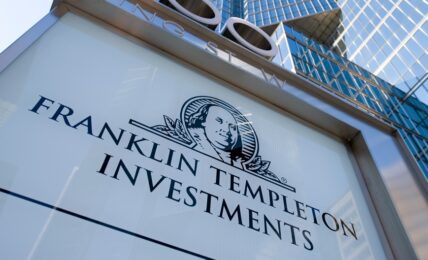The Government of India announced the approval by cabinet of a new series of 2030 climate commitments, including a pledge to reduce emissions intensity by 45% and to transition to approximately 50% electric power from non-fossil-based sources.
The country’s new pledges are key pieces of India’s updated Nationally Determined Contribution. NDCs are a major part of countries’ obligations under the Paris Agreement, outlining their interim commitments on the pathway to net zero.
India’s first NDC was submitted to the United Nations Framework Convention on Climate Change (UNFCCC) in 2015, with goals to reduce emissions intensity of its GDP by 33% to 35% compared to 2005 levels by 2030, achieve 40% cumulative electric power installed capacity from non-fossil sources, and create additional carbon sink of 2.5 to 3 billion tonnes of CO2 equivalent through forest and tree cover.
The new targets follow India’s participation in the COP26 climate conference and the resulting Glasgow Climate Pact, which included a call on nations to revisit and enhance their 2030 emissions targets or NDCs over the next year.
The updated NDC represents the framework for India’s cleaner energy transition for the 2021-2030 period and marks a step towards the country’s goal to reach net zero by 2070. Overall, according to the government statement announcing the approval, it is expected to boost the number of green jobs in automotive, production of low emissions products, super-efficient appliances, and technologies like green hydrogen.
In its statement, the government said:
“The updated NDC seeks to enhance India’s contributions towards achievement of the strengthening of global response to the threat of climate change, as agreed under the Paris Agreement. Such action will also help India usher in low emissions growth pathways. It would protect the interests of the country and safeguard its future development needs based on the principles and provisions of the UNFCCC.”
The post India Commits to 45% Emissions Intensity Reduction by 2030 appeared first on ESG Today.



